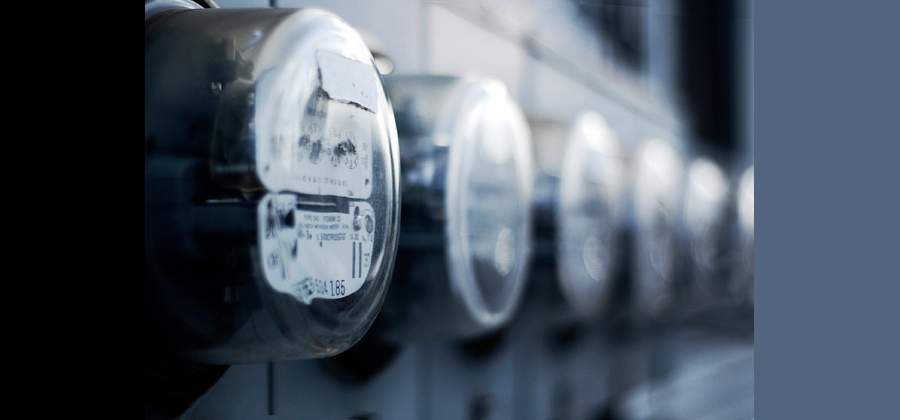On Tuesday, the UK government announced plans to reduce household energy bills by regulating the tariffs on offer by energy companies.
Back in April, Nick Clegg said that seven out of ten people were on the wrong energy tariff, and paying too much as a result.
Energy prices have more than doubled in the last decade due to wildly escalating fuel costs, and currently stand at an all-time high.
The forthcoming Energy Bill aims for the fairer treatment of consumers. Essentially, it's reducing confusion: by 2014, energy companies will offer four core tariffs.
A standard variable rate, a fixed rate, and two further tariffs of the providers' choice - kept in order to promote competition and consumer choice.
About 85% of customers are on either a standard- or fixed-rate tariff, and the bill ensures that they are easily comparable between providers.
This cuts the number of available plans down from the literally thousands on offer from the "Big Six" energy companies and their competitors.
Energy providers will also be required to automatically switch their customers onto the lowest tariff available to them.
The New Energy Bill: The Basics
- Energy companies will offer four 'core' energy tariffs of each kind of fuel available
- They will be required to offer a single price for each of the four tariff types
- No prohibition on 'dual fuel' discounts or discounts for lower-cost payment methods
- "Dead" tariffs - those no longer available to new customers - will be banned
- Customers will be informed of the cheapest available tariff and will be switched over automatically
The bill could come into action as soon as summer 2013; the government hopes that the move will be complete by summer 2014. Under the current proposals, households will stand to save up to £300.
Worries and Criticisms
Sadly, this doesn't necessarily mean lower bills - not at the speed energy prices are rising. And the cheapest tariff isn't necessarily the best choice - there are concerns that this move will shunt out the niche, tailored energy plans on which many people rely.There's also the risk that this could mean the end of experimenting with new energy-conserving plans and new technologies.
For example, with no loopholes for pilot schemes, there will be no tariff for the forward-thinking consumer who drives an electric car.
Reducing confusion can only be a good thing for the average consumer, but there is a fine political line between offering the best deals and reducing or even eliminating the element of choice.
But more importantly: what do you think? Does the Energy Bill mean a better deal for consumers? And what could it mean for the electricals industry?
Further Reading
Image by Brian Talbot on Flickr (Creative Commons)




